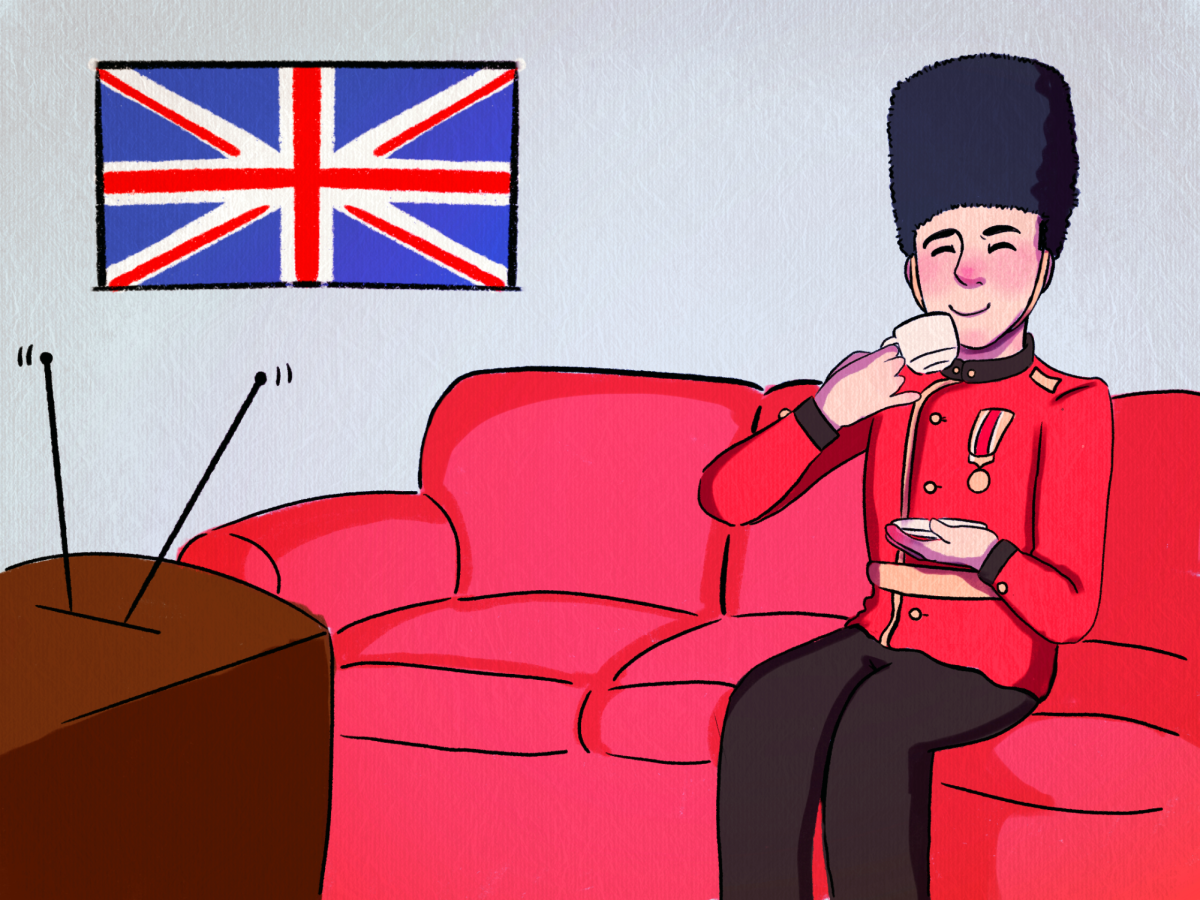
In one of the vice presidential debates against Paul Ryan heading into the 2012 election, Joe Biden made an astute observation when he derided people like Ryan for their lack of “economic patriotism.”
On “Good Morning America,” he reiterated this idea, saying this about paying higher taxes as the wealthy of other first-world countries do: “It’s time to be patriotic … time to jump in, time to be part of the deal, time to help get America out of the rut.” He’s absolutely right.
Many of the economic woes that plague America — such as refusal to pay a living wage, corporate welfare, offshore bank accounts, illegal tax evasion, and attacks on Medicare/Medicaid and Social Security — are largely moral problems. Many of the super-wealthy elite who dominate public policy are increasingly displaying a disturbing lack of love of country.
If, as many right-wingers continue to take as an article of faith despite the facts, lower taxes on the wealthy actually increased revenue by stimulating the economy or were good economic policy, there would be nothing unpatriotic about these ideas. But, time and time again, economists have proven that raising taxes on the rich does not lower revenue or even slow growth.
Eduardo Porter of The New York Times reports that “a growing body of research suggests not only that the government could raise much more revenue by sharply raising the top tax rates paid by the richest Americans, but it could do so without slowing economic growth. Top tax rates could go as high as 80 percent or more.”
This sounds radical given the neoliberal consensus that has strangled national discourse since the ’80s, but the top nominal tax rate stood at 90 percent during the prosperous postwar years through the ’50s. Conservatives seem to want to set back the clock to 1950 on everything else (gay rights, women’s rights and ethnic/racial issues, to name a few), except for the Keynesian economics of the day that produced higher growth, lower income and wealth inequality, and a more unified, patriotic nation. A nation with less crime and stronger unions.
This was because of the greater degree of state intervention in the economy, higher taxes, a higher emphasis on investment in education (the GI Bill in particular was a boon for the economy), job creation and social programs, not in spite of them.
Conservatives seem to want to punish the country for its increasing racial diversity and improvements in women’s rights and gay rights; it seems they were all for a mixed economy before it meant that their taxes would go to helping single moms and Hispanics.
It’s hard to believe anyone actually thinks that slashing funding for education, health care and other social programs will benefit the economy. Instead, it’s all about cultural or genetic inferiority and punishing perceived laziness.
Those who would fail to see the country live up to its potential economically — because it would mean the rich have to pay 39.6 percent of their non-capital gains income in federal taxes rather than the Bush-era 35 percent — do not truly love America. To love America means to love Americans, not just half of them. Or, in many people’s minds, even fewer.
I love all Americans, including conservative Republicans, and I wouldn’t support higher taxes on the rich if it would hurt the country or even make them unhappy. However, research shows that making over $75,000 is not correlated with higher levels of happiness.
Poverty, however, is highly correlated with unhappiness. We should all strive to make the country as happy as possible, not for absurd notions of individualism or, worse, to punish hundreds of millions of Americans for being “takers.”
A strong majority of Americans agree that the rich should pay higher taxes, and it’s hard to get Americans to agree on anything nowadays.
“[But,] not surprisingly,” Porter writes, “only 30 percent of the rich agree.”
The rich are more educated. They should be better acquainted with the economics than the rest of us, and they are. Their supposed concern for the economy is nothing but greed and a lack of concern for the well-being of the country as a whole. It can even be outright contempt and hatred of the “47 percent” who do not pay income taxes (but still sometimes pay higher taxes than Mitt Romney because of an outrageous number of loopholes and the 15-percent capital gains tax rate).
That isn’t patriotic. It’s downright un-American.
_______________
Martin Forstrom is a senior studying sociology and Latin American studies. Follow him on Twitter.








